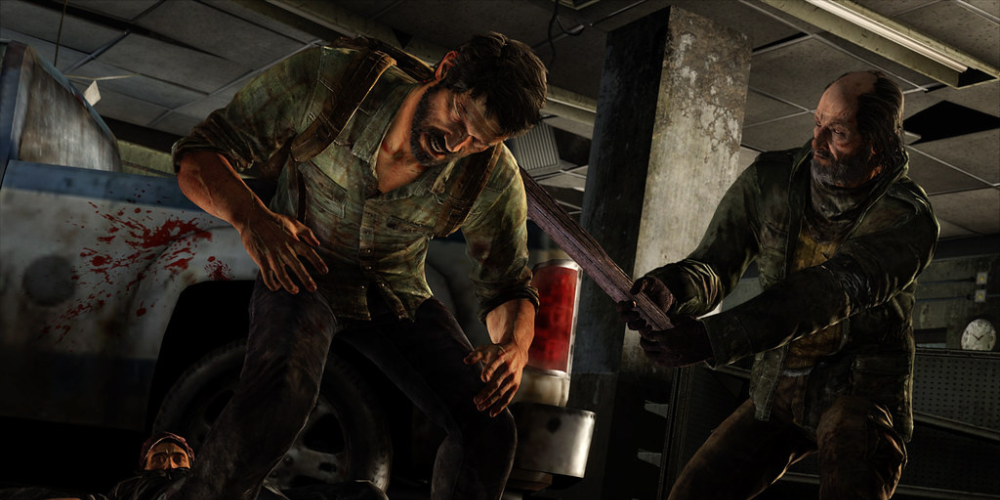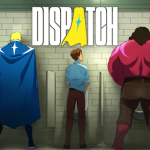The Emotional Journey of The Last of Us Part II: Analyzing Character Development and Plot Twists

The Last of Us Part II stands as a testament to storytelling within the medium of video games. It pushes boundaries not only in terms of graphical fidelity and gameplay mechanics but also in the depth of its narrative and the complexity of its characters. This sequel to the acclaimed first game by Naughty Dog takes players on an emotional journey that is both harrowing and enlightening, challenging their preconceptions and engaging them on a deeply personal level.
The Evolution of Ellie: From Innocence to Vengeance

The Last of Us Part II presents a stark evolution in Ellie, the beloved protagonist who has grown from the innocent girl we once knew into a driven, complex young woman. The game meticulously charts her transformation, highlighting the impact of trauma and the relentless pursuit of revenge on her psyche. As players navigate through Ellie's journey, they witness a gradual hardening of her character, a shift from the wide-eyed optimism of youth to a relentless determination shaped by loss and anger. This path is not just a simple quest for retribution; it is a layered exploration of grief, morality, and the consequences of one's actions.
Ellie's development is masterfully conveyed through both the narrative and gameplay experiences. Players feel her internal struggle through the decisions they are forced to make, often blurring the lines between right and wrong. Her interactions with other characters, her reflective moments, and the violence she both encounters and perpetrates are all woven together to create a portrait of a person being reshaped by the world around her. The game does not shy away from showing the toll that this transformation takes on Ellie, both physically and emotionally, leaving players to ponder the true cost of vengeance.
The Dichotomy of Abby: Understanding the Antagonist

In an unexpected narrative twist, The Last of Us Part II introduces players to Abby, a character who at first seems to be a clear antagonist but is later revealed to be a deeply complex individual with her own motivations and emotional journey. This bold storytelling choice is not without controversy, as it requires players to step into the shoes of someone they initially perceive as the enemy. Abby's story runs parallel to Ellie's, and as it unfolds, players are exposed to her own experiences of pain, loss, and the drive for retribution.
Abby's inclusion in the game serves as a narrative mirror, reflecting back to players the themes of empathy and the cyclical nature of revenge. Through her eyes, the story challenges the player's sense of justice and forces them to confront their biases. Abby's relationships with other characters, especially those within her own group, add layers to her personality that go beyond the archetypal villain. Her journey is a powerful reminder that in a world as morally grey as that of The Last of Us, every character is the hero of their own story, and understanding them requires looking beyond the surface of their actions.
The Impact of Loss: Shaping the Narrative

Loss is a central theme in The Last of Us Part II and serves as the catalyst for the events that unfold. It is the driving force behind the characters' motivations, actions, and, ultimately, their transformations. The game does not hold back in depicting the raw, unvarnished pain that comes with losing someone close, nor does it offer simple resolutions or hollow consolations. Instead, it presents loss as a complex, multifaceted experience that can lead to growth, destruction, or a haunting mixture of both.
The portrayal of loss in the game is unflinchingly honest. Characters are shown grappling with their emotions, making desperate choices, and facing the often unintended consequences of their actions. The narrative uses these moments of loss not just to advance the plot but to delve deeper into the characters' inner worlds, revealing their vulnerabilities, their strengths, and the humanity that persists even in the darkest of times. Players are encouraged to view the characters deeply through the prism of loss, fostering empathy towards them and prompting reflection on the shared human experiences of mourning and the quest for purpose following a tragic event.
Conclusion
The Last of Us Part II is a masterclass in emotional storytelling within the video game medium, through the intricate development of characters like Ellie and Abby and the use of loss as a central theme, the game crafts an experience that is both intensely personal and broadly resonant. It challenges players to confront difficult questions about morality, empathy, and the human capacity for both love and destruction. The emotional journey that players embark upon is not just about following a story; it is about experiencing the growth and pain of the characters and in doing so, perhaps gaining a deeper understanding of our own emotional landscapes.
















